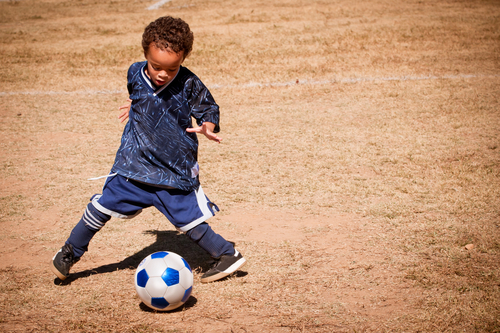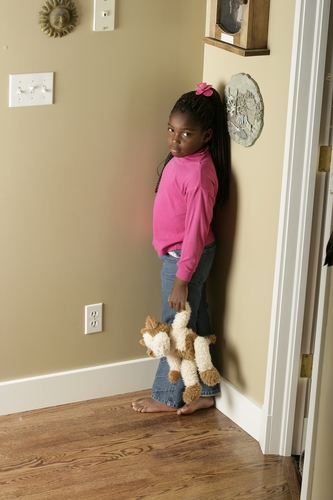My Son with Aspergers: Through the Eyes of a Father
I am the father of a son with Aspergers Syndrome and through the years of my wife and I raising him, it has had many challenges for me. As a father I wanted him to take interest in outdoor activities, sports and other things that we could do together but while he was not interested in these things there were other items of interest that I had to adapt to in order to spend the most amount of quality time with him.
While he may not have had interest in what I thought a young boy, now a man, “should” be interested in, he has opened my eyes to a different world that has brought us closer together over the years. I just had to be the one to approach his interests with an open mind and with the idea that these were things we could do as a father and son.
The many times that my son was being called names or bullied by his peers I had to be supportive and encouraging in creative ways, primarily to teach him how to ignore those and look forward to the future with special father and son times together.
Some words of advice from a father of an aspie:
- Learn to be a listener;
- Take interest in his activities, not those you think a young man should take interest in;
- Find things to do outside the home that you can teach him and he is interested in;
- Be supportive and patient, as typically those with Aspergers will find it difficult to relate to things we take for granted as well as conveying their thoughts in the same manner we are accustomed to;
- Above all, be a father as well as a dad, they will never forget the times you spend with them and the memories you are making.
by Herb Allen
The inspiration behind the documentary, Coping to Excelling: Solutions for school-age children diagnosed with High-Functioning Autism or Aspergers Syndrome, Sam offers his insights into the world of Autism through his blogs and input for aspergers101.com. Currently enrolled in college working toward a degree in Engineering, Sam enjoys spending his time building high-end computers, on-line gaming and even took time to build a low-powered FM Radio station for fun. Contributing guest writer on our Autistically Speaking Blog, Sam’s take on having Aspergers is: “Don’t think of Autism as a weight but more like wings in which to soar”. We would agree!













